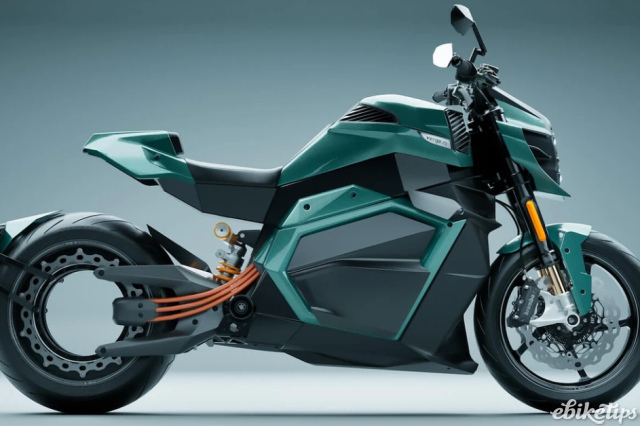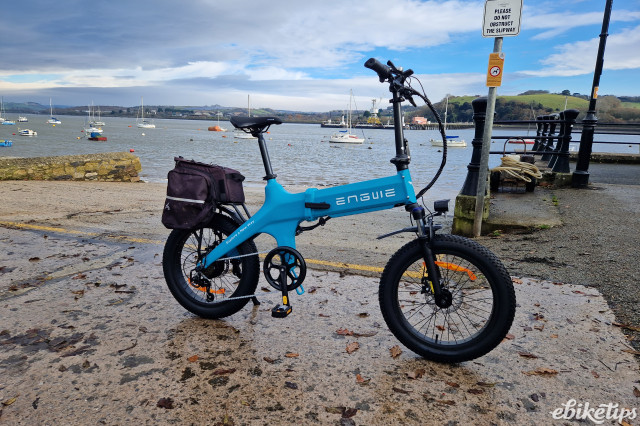Residents of Paris have voted to ban rental e-scooters in the French capital, in a referendum which took place on Sunday.
Almost 90% of votes cast on April 2 supported the ban of the rented vehicles, which were introduced in Paris in 2018.
The referendum was called partly in response to the number of people being injured and killed in e-scooter accidents. Three deaths and 459 injuries were attributed to e-scooters in Paris last year, compared to one death and 353 injuries in 2021.
Following the vote, Paris mayor Anne Hidalgo said: “The Parisians who spoke, overwhelmingly spoke out against self-service scooters. Their very clear message now becomes our roadmap. Together with my team, we will follow through on their decision as I promised.”
Of the 1.38 million people on the city's electoral register, just over 103,000 took part in the vote, according to official figures - but of these, over 91,300 voted against the scooters.
Privately-owned e-scooters are however legal in France and will still be allowed in the capital, with Hidalgo previously describing them as “not a problem”. This is in contrast to the UK, where e-scooters can only be ridden when rented as part of official trials.
> What could Paris vote on banning e-scooters mean for the UK?
Paris has almost 15,000 rental e-scooters across its streets, with operators including Lime, Dott and Tier. These three companies also run London’s e-scooter rental trial, which began in June 2021.
A spokesman for Dott told the PA news agency that there is "no impact" to its services in London and other major European cities. "We will continue to offer e-bikes in Paris and plan to expand our fleet to meet anticipated demand from the 400,000 users of shared e-scooters that will need to find alternative transport."
In a statement, Tier said that with approximately 93% of citizens not going to the polls, “a large majority of Parisians have shown that e-scooters are not an issue”.
“With a presence in more than 560 cities and communities in 31 countries, we know that the decision of Paris goes against the global trend, which sees countries and cities around the world embracing low carbon micromobility,” it added.
“Moving away from shared e-scooters also means that Paris is isolating itself from the rest of the world with major capitals like Washington, Madrid, Rome, London, Berlin or Vienna that are all implementing policies supporting e-scooters as ways to reduce unnecessary car usage.”
E-scooter trials are currently taking place across the UK. It was announced last year that privately-owned e-scooters would be legalised through the creation of a new low-speed, zero-emission vehicle category - however the Transport Bill that will legalise them has been pushed back until late this year at the earliest.
> E-scooters and the law: When and where are you legally allowed to ride an electric scooter?
A new report on e-scooter safety standards recently recommended a 12.5mph factory-set speed limit and compulsory helmets. The European Transport Safety Council (ETSC) and the UK Parliamentary Advisory Council for Transport Safety (PACTS) also recommend larger wheels, bans on passengers and pavement riding and a minimum age of 16.






